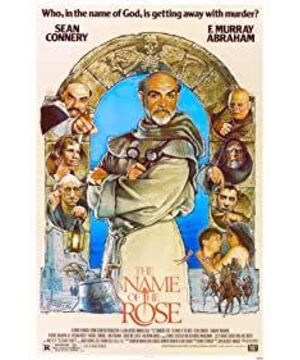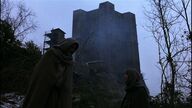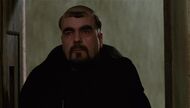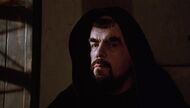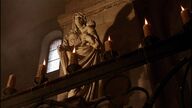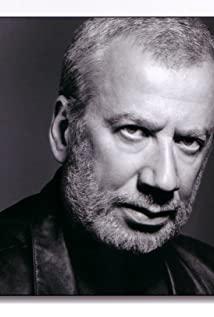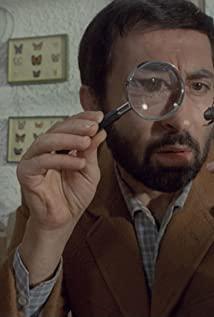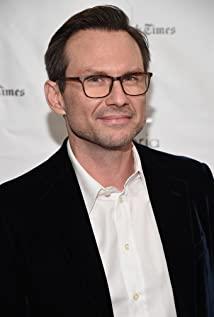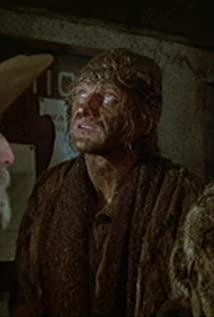What he wants to express is that modern China is like the West in the Middle Ages. There is no so-called humor at all, because it is constrained by various "noble", "great", and "sacred" ideas, and restricted by the concepts of religion and hierarchy. , So for us, what we see is more false and serious than true humor.
Under his guidance, I started to watch this movie. Under the gloomy background of the movie, I told a bizarre and weird story. When the movie was about to end, the old priest swallowed the poison on the book and paper. I shouted loudly: If people laugh, they will no longer be afraid of the power of the devil, and God will no longer be needed; laughter will destroy the authority of Jesus. The world I hope should be sacred and faithful, so I To eliminate people’s laughter.
What he fears is that laughter will dissolve fear, and people's fear is the cornerstone of the establishment of religion. If you no longer pin your hopes in the gods, but instead look at yourself, it will indeed shake the foundation of religion to a certain extent.
What I don't understand is that fear as an emotion is eternal? Can it still be eliminated? From the perspective of Buddhism, there is no me and no emotions in this world. I don't know much about this. But from this perspective, fear should be the product of illusion and ignorance, and fear can be chosen. Just like the recently released movie "Return to Earth", it was repeatedly mentioned that fear does not exist, it is just a choice you make, and you can completely overthrow it.
View more about The Name of the Rose reviews


